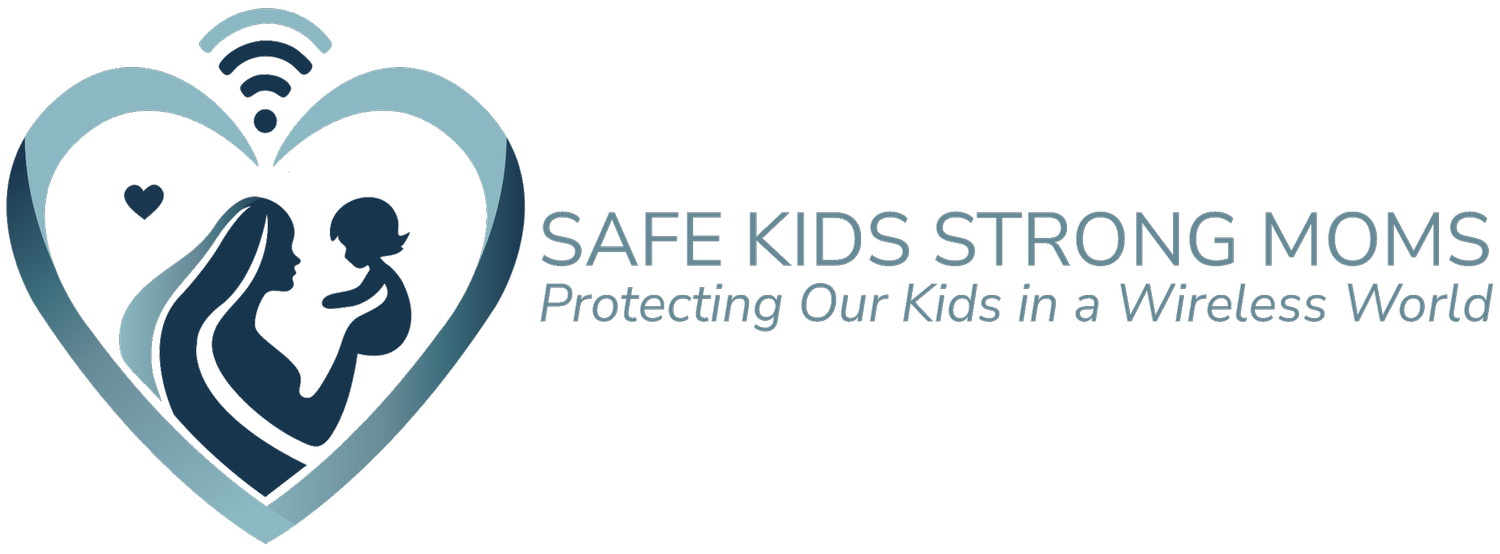Teens, Peer Pressure, and the Hidden Struggle with Phones
For today’s teens, phones aren’t just gadgets—they’re lifelines to friendships, social status, and even identity. The pressure to stay connected is relentless, and for many adolescents, being always on is not a choice but a social expectation. If you’re a parent worried about your teen’s phone use, especially if they’re experiencing symptoms like headaches, fatigue, or irritability, understanding the role of peer pressure and belonging is key.
Phones Are Tied to Identity and Belonging
For teens, a phone is much more than a tool for communication; it’s a symbol of social acceptance and self-worth. Group chats, social media, and instant messaging are the main ways teens stay in the loop and maintain friendships. The fear of missing out is real—teens worry that if they disconnect, they’ll be left out of plans, jokes, and group dynamics. This makes it extremely hard for them to take breaks from their devices, even when they know it’s affecting their well-being.
Research shows that phone overuse can be linked to struggles with personal and social identity. Adolescents who are more dependent on their phones often have a higher need to belong and may be more vulnerable to anxiety, depression, and identity issues. Their sense of self can become wrapped up in digital interactions, making it even harder to step away.
The Pressure to Stay Always On Makes Self-Care Difficult
Peer pressure doesn’t just encourage teens to use their phones—it can make it nearly impossible for them to admit when phone use is causing problems. Teens may ignore or downplay symptoms like headaches, fatigue, or irritability because they don’t want to seem weird or too sensitive to friends. Even those who are aware that their bodies need a break from screens often feel stuck between protecting their health and maintaining their social life.
The constant stream of notifications and the expectation to reply instantly can leave teens feeling overwhelmed, yet unable to unplug. This cycle can lead to poor sleep, increased anxiety, and even risk factors for depression, especially for those who already feel pressure to fit in.
The Numbers Behind the Pressure
According to the CDC’s National Health Interview Survey, about half of U.S. teens aged 12–17 reported spending four or more hours on screens every day between July 2021 and December 2023. Among those teens, nearly 27% reported symptoms of anxiety and 25.9% reported symptoms of depression—rates that are significantly higher than among teens with less screen time. These statistics highlight just how closely phone use, mental health, and social pressures are intertwined for today’s adolescents.
Talking Points for Parents
Acknowledge the Social Reality: Let your teen know you understand that phones are a big part of their social world, and that it’s normal to want to stay connected.
Open the Conversation About Pressure: Ask how group chats or social media make them feel. Do they ever feel like they can’t take a break, even when they want to?
Validate Their Experience: If your teen mentions feeling tired, anxious, or left out, listen without judgment. Let them know it’s okay to need downtime—even if friends don’t always understand.
Encourage Self-Reflection: Help your teen notice how they feel after long periods on their phone. Are there times when unplugging actually feels good?
Model Healthy Habits: Share how you manage your own tech use and set realistic, collaborative boundaries for the whole family.
Empowering Teens to Find Balance
The goal isn’t to ban phones or shame teens for wanting to belong. Instead, it’s about helping them build confidence to set boundaries, recognize when their well-being is suffering, and know that it’s okay to put their health first. When parents approach the topic with empathy and understanding, teens are more likely to open up about their struggles—and more willing to try small changes that support both their social lives and their health.
Remember: The pressure to stay connected is real, but so is your teen’s need for rest, self-care, and genuine connection—both online and off. If you notice your teen struggling, know that you’re not alone, and that open, honest conversations can make all the difference

